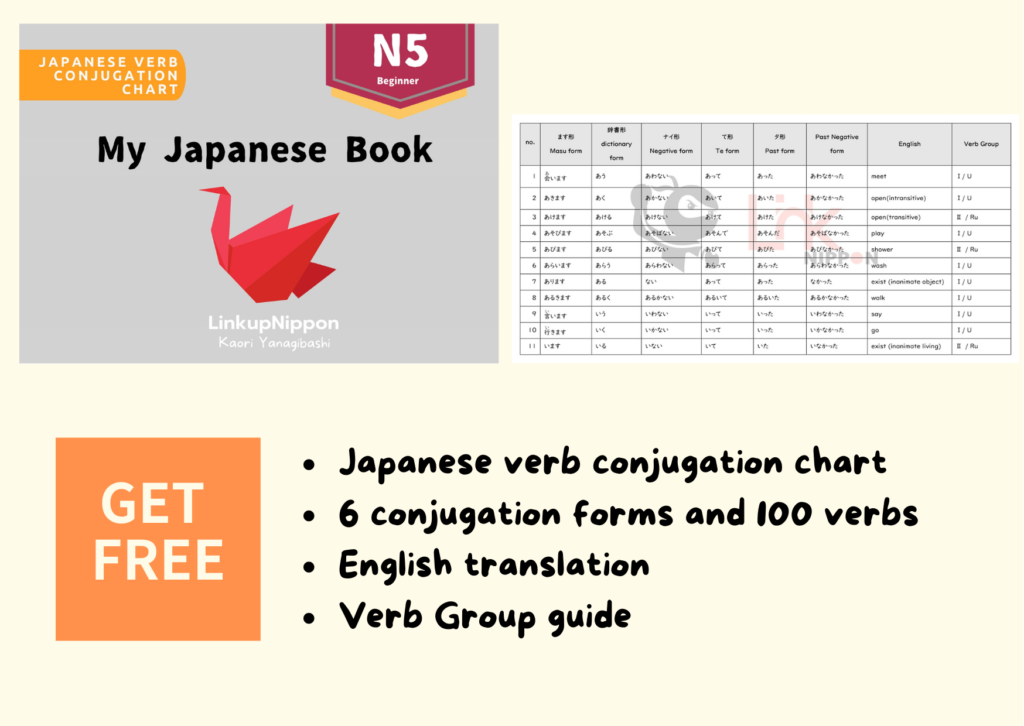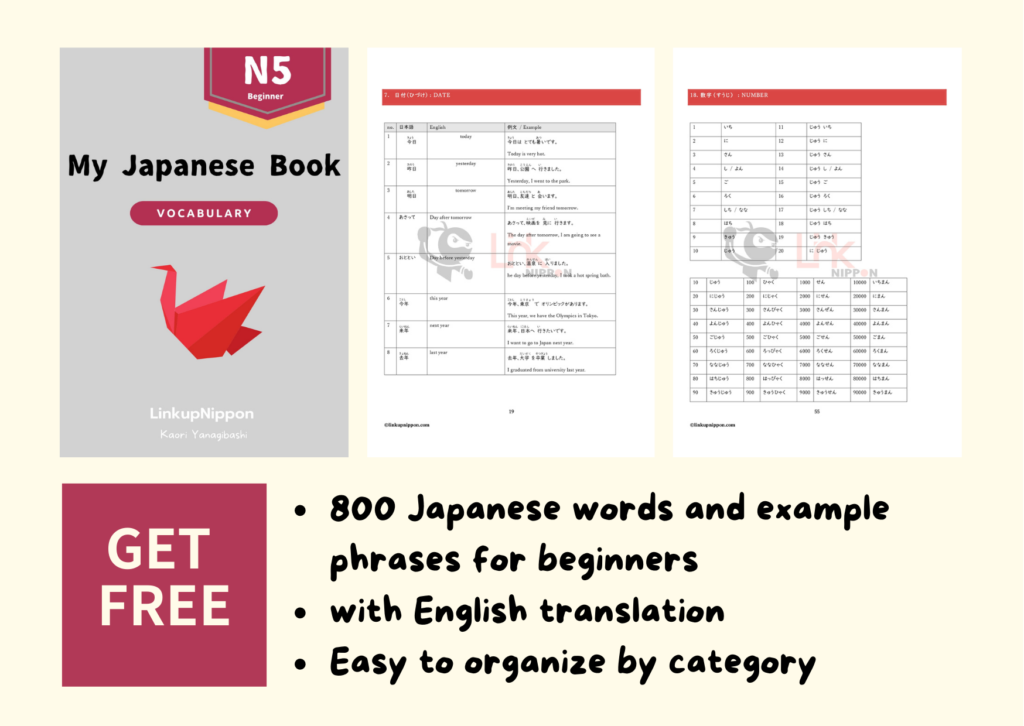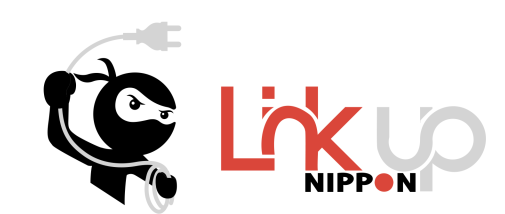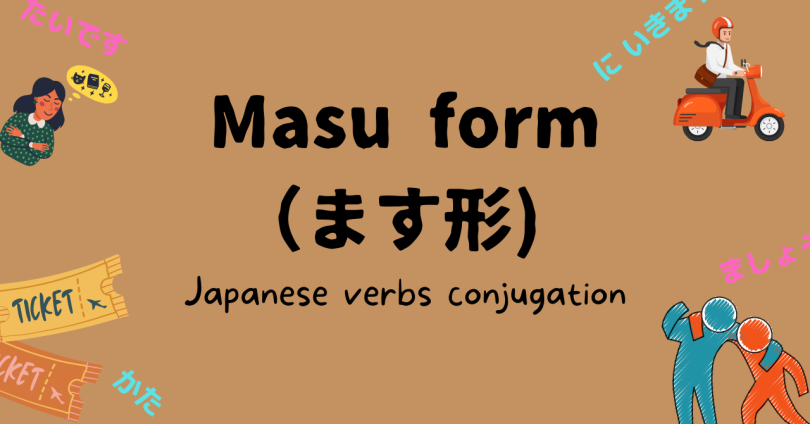In Japan, people speak politely using “desu” and “masu” when meeting someone for the first time or when speaking to a superior. In particular, verbs are spoken using the ” Masu form”.
On the other hand, when speaking with friends and family, we speak in the plain form, which is known as the dictionary form or the negative form.
Today I will introduce conjugations of the masu form (negative and past). In addition to this, I will also introduce some expressions based on the masu-form.
Table of contents
Masu form conjugation
See the table below. First, the horizontal is divided into past tense and non-past. Then, vertically, it is divided into affirmative and negative tenses.

Unlike other conjugated forms, there is no difference by verb group.
| verb | FUTURE PRESENT | PAST Affirmative | PAST Negative |
|---|---|---|---|
| get up | おきます oki masu | おきました oki mashita | おきませんでした oki masendeshita |
| eat | たべます tabe masu | たべました tabe masshita | たべませんでした tabe masendeshita |
| drink | のみます nomi masu | のみました nomi mashita | のみませんでした nomi masendeshita |
| watch | みます mi masu | みました mi mashita | みませんでした mi masendeshita |
| play | あそびます asobi masu | あそびました asobi mashita | あそびませんでした asobi masendeshita |
| go | いきます iki masu | いきました iki mashita | いきませんでした iki masendeshita |
go to sleep | ねます ne masu | ねました ne mashita | ねませんでした ne masendeshita |

Masu form expressions for beginners
Lastly, here are some expressions using the Masu form. Masu form is often used alone, but we use the form called “verb stem” that is removed “Masu”.
Example. たべ ます (Masu form) → たべ (verb stem)
1. ~ たい (want to)
: Talk about your desires.
来年、日本へ行きたいです。
I want to go to Japan next year.
*いきます → いきたい
2. ~に 行きます (go to ~ )
: Talk about the purpose of the destination
渋谷 へ 本を買い に行きます。
I will go to Shibuya to buy the book.
*かいます → かい に いきます
3. ~ませんか (would like to~?)
: To invite, suggest someone
明日、映画を 見ませんか。
Would you like to watch a movie tomorrow?
*みます → み ませんか
4. ~ましょう (let’s~)
: Actively solicits
さあ、食(た) べましょう!
Now, let’s eat.
*たべます → たべ ましょう
5. ~ましょうか (shall I ~? )
: To offer something for other party
てつだいましょうか。
Shall I help you?
*てつだいます → てつだい ましょうか
6. ~かた (how to )
: talk about the method and process
切符(きっぷ) の 買(か)い 方(かた) を おしえてください。
Please teach me how to buy the ticket.
*かいます → かい かた
More about Japanese verbs
Additionlaly, if you want to master Japanese verbs, this is the book for you. Verbs are very important in any language. Let’s master them and learn to speak them!
Please check other verb conjugation, Dictionary form and Negative form. These are also verb conjugations to be mastered at the beginner level! Check them out.









